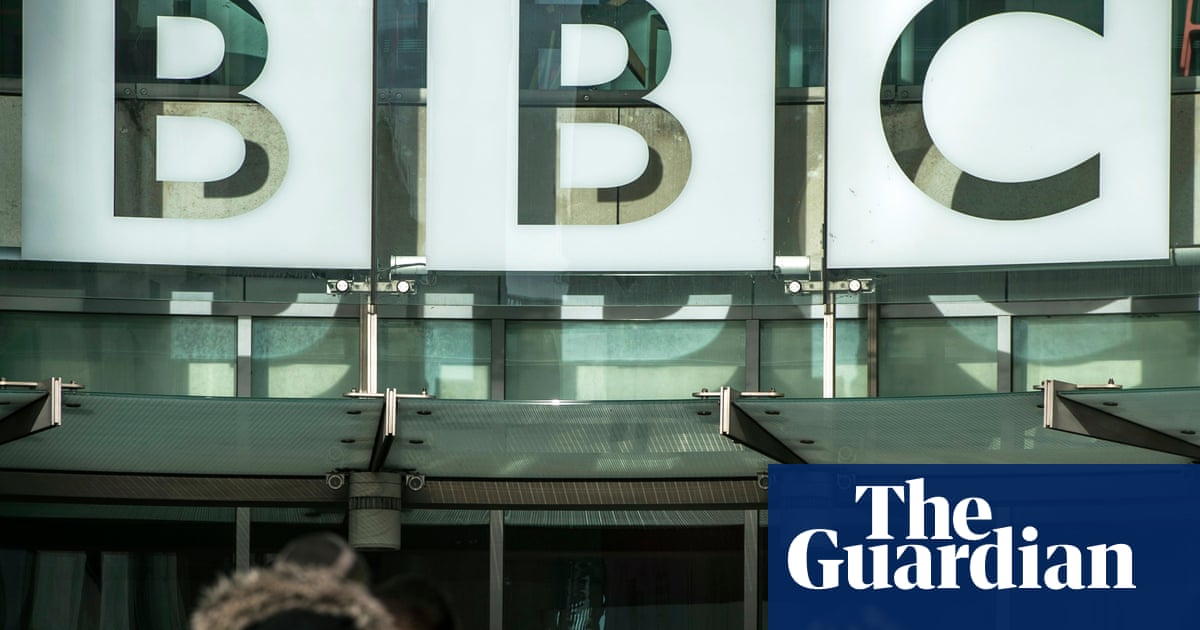It is hard for even the staunchest supporter of the BBC to defend the handling of its two recent commissions about Gaza (‘Heads will roll’: BBC reckons with bias accusations over Israel and Palestine coverage, 29 June).
But these contortions point to a problem that goes far beyond the BBC. It reflects the constraints on any meaningful debate about Israel’s response to the atrocities of 7 October and its subsequent behaviour in Gaza and on the West Bank, the results of which are shaping up to be one of the worst humanitarian disasters of this century. Nowhere does this resistance to discussion seem more apparent than at the Board of Deputies of British Jews. When 36 of its membersexpressed their concern about Gaza in a letter to the Financial Times,five were suspendedand the rest were censured.
What neither theBBCnor the Board of Deputies can ignore is that the decades-old protected status of Israel is fragmenting. Awkward questions have to be asked. The BBC must not let fear of giving offence stifle coverage.Peter GrimsdaleFormer BBC executive and Channel 4 religion commissioner
The BBC said that it would not broadcast a film on the treatment of doctors in Gaza because of concerns that it may create “a perception of partiality that would not meet the high standards that the public rightly expect” (Channel 4 to show BBC-commissioned documentary Gaza: Doctors Under Attack, 28 June).
This highlights the issue with the BBC that I have struggled with for many years. Reporting the truth, where it has been verified by reliable sources, is not partial. Giving a counterpoint that has not been so verified is partial.
This is why Palestinian lives are not universally valued. Because every time someone stands up for them, there is a counterpoint that makes it sound antisemitic to have valued a Palestinian life.Alexandra LucasLondon
Have an opinion on anything you’ve read in the Guardian today? Pleaseemailus your letter and it will be considered for publication in ourletterssection.
